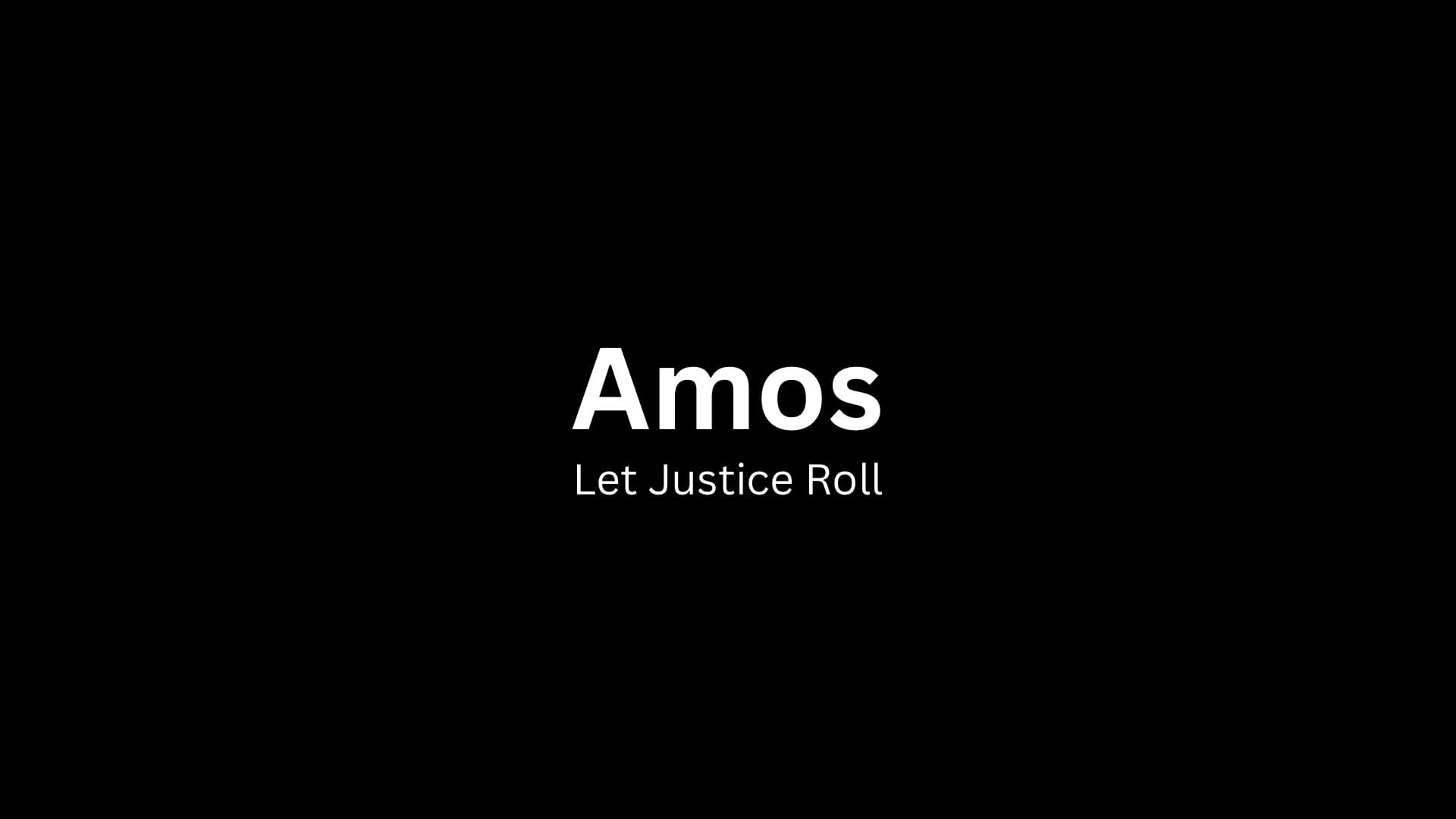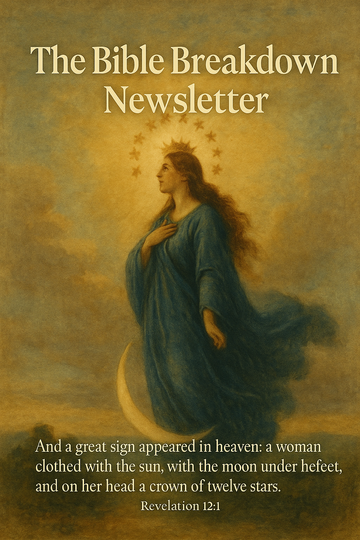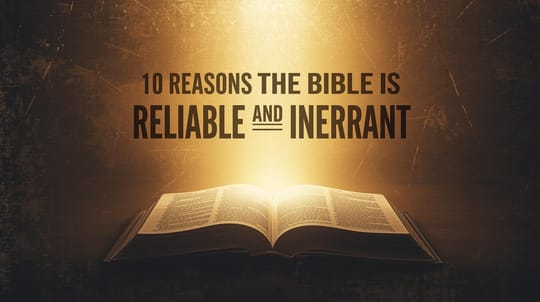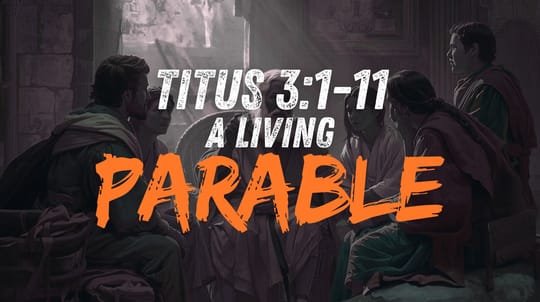Like a good detective, let's examine this book.
🔥 Overview
The book of Amos is a prophetic warning to the Northern Kingdom of Israel, delivered by a shepherd from Judah. Though Israel was experiencing material prosperity, Amos boldly confronts their moral decay and spiritual hypocrisy. He delivers messages of judgment on surrounding nations, Israel, and even Judah, calling out injustice, corruption, and idolatry. Yet amid the warnings, Amos ends with a hopeful vision of restoration and God’s ultimate reign.
🔍 Things to Notice
- Social Injustice: Amos powerfully condemns the exploitation of the poor and marginalized.
- Religious Hypocrisy: God rebukes empty rituals not backed by righteous living.
- Judgment on All Nations: God’s justice isn’t just for Israel but extends to surrounding nations.
- Visions of Judgment: Amos receives several visions symbolizing divine punishment.
- Promise of Restoration: The final chapter gives a hopeful picture of future restoration through the “booth of David.”
🙏 Jesus in this Book
(Every book reveals the glory of God, displayed in Christ Jesus)
- The Righteous Judge: Jesus is the fulfillment of the righteous standard Amos describes.
- Restorer of David’s Line: Amos 9:11 points to the “fallen booth of David,” which is ultimately restored in Jesus (Acts 15:16–17).
- Defender of the Poor: Jesus embodies God’s heart for justice and the oppressed.
- The True Prophet: Like Amos, Jesus speaks boldly against sin and hypocrisy.
- Coming Kingdom: The promise of a restored, abundant kingdom echoes the Messianic reign of Christ.
👀 Themes
- Justice and Righteousness
- God’s Sovereignty over All Nations
- Judgment for Sin
- False Religion vs. True Worship
- Hope and Restoration Through God’s Covenant Faithfulness
😀 Who?
Who wrote it? Amos, a shepherd and fig tree farmer from Tekoa in Judah, wrote this book. He was not a professional prophet but was called by God to deliver a message to the Northern Kingdom.
🪧 Where?
Where are we? It was written in the Southern Kingdom (Judah) but directed to the Northern Kingdom of Israel, especially during the reign of Jeroboam II.
⏳ When?
When was it written?: Approximately 760–750 BC, during a time of peace and prosperity in Israel, just before the Assyrian conquest.
🤔 What?
What is the big idea? Even in times of outward prosperity, God calls His people to live with justice, righteousness, and sincere worship. When these are abandoned, judgment is inevitable—but God also promises hope and restoration for those who turn back to Him.
🧐 Why?
Why is this book important? Amos shows that God cares deeply about how people treat one another, especially the vulnerable. It challenges believers not to separate personal piety from public morality. The book also emphasizes God’s universal rule, holding even His chosen people accountable for injustice.
📝 How?
How can I apply it?
- Examine your life for areas where outward religiosity masks inward compromise.
- Cultivate a heart for justice, mercy, and generosity—especially toward the poor.
- Refuse to separate faith from how you treat others socially, economically, or relationally.
- Reflect on how Jesus fulfills God’s justice and brings restoration.
- Ask God to align your worship with your lifestyle—living out faith in action.
Resources
- BibleProject Overview Video on Amos
- Enduring Word Commentary on Amos
- ESV.org on Amos
- Got Questions? - Book of Amos Summary
- Blue Letter Bible- Amos Study Tools









